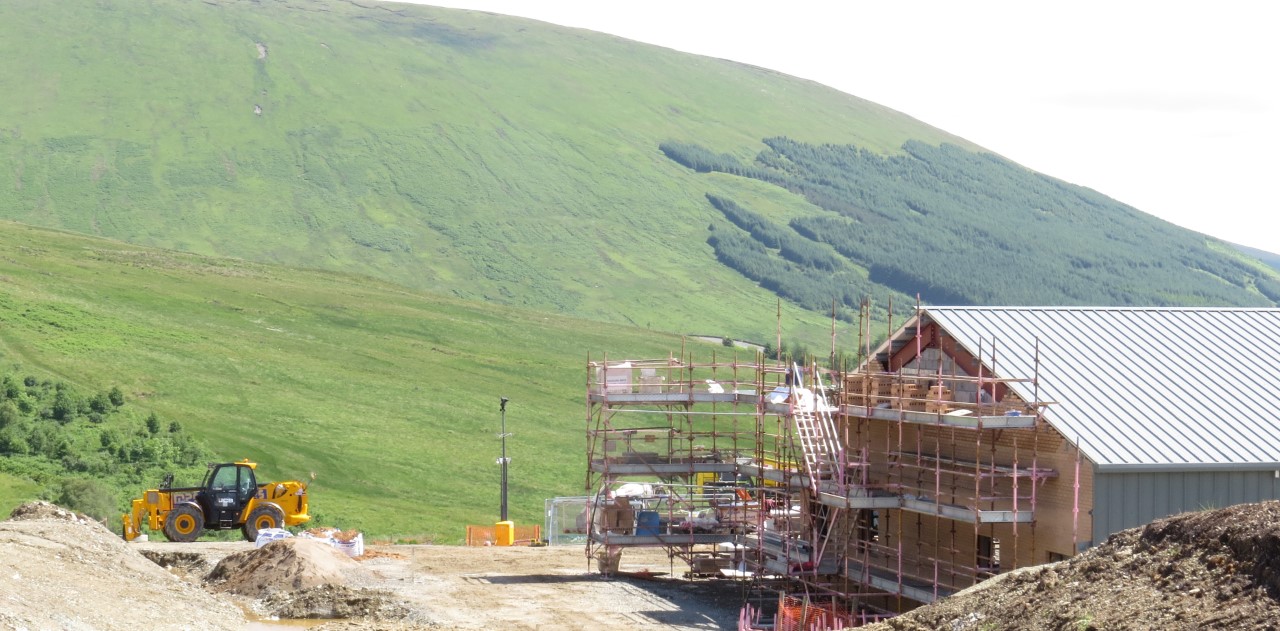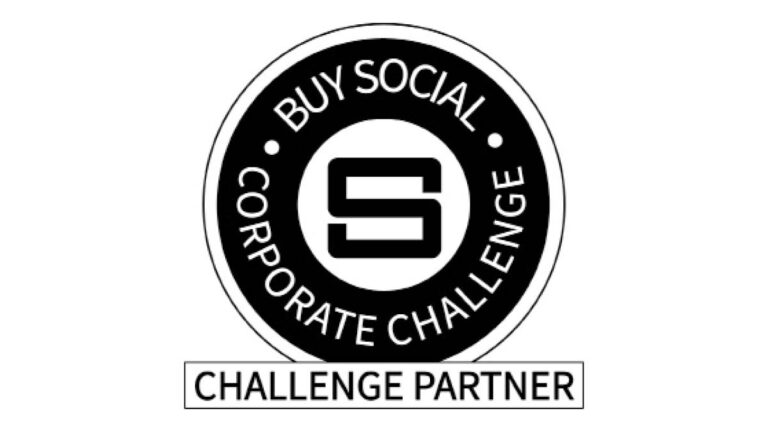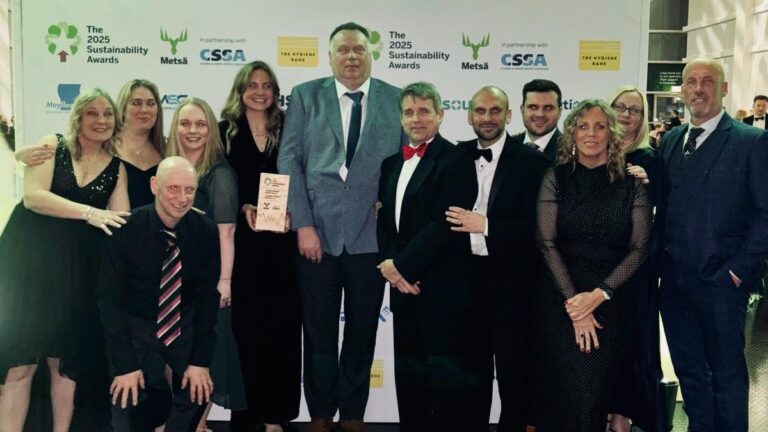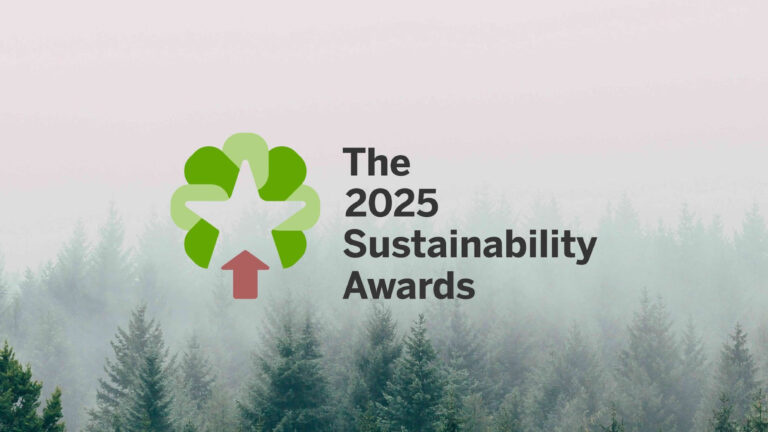The UK is currently witnessing a surge of investment in infrastructure and construction as it aims to meet long-term energy, housing and transport needs. But delivering major projects in a sustainable way requires new skills and an understanding of a wide range of complex interconnected issues, with future thinking and innovation to ensure assets perform efficiently across whole-life and can adapt readily to a changing climate.
IEMA’s report makes clear that the stakes are high, as infrastructure built today will impact on society, the environment and the economy for decades to come. Yet 75% of IEMA members believe a broad sustainability skills gap exists in infrastructure and construction; with many leaders, project managers, contractors, engineers, and procurement professionals in need of upskilling to incorporate sustainability and whole lifecycle approaches into project performance.

Delivering a brand new build enables us to design in sustainability from the outset. New range facilities at Garelochhead in Scotland have a rain water harvesting system for flushing toilets, ground source heat pumps to supply underfloor heating, a Bioremediation Sewerage System as there is no sewerage on site and a noise reduction bund made from waste material to minimise the impact of noise pollution on the local community.
The report makes a strong case for developing skills across all roles to deliver sustainability at every stage of the project life-cycle and dispels the myth once and for all that sustainability professionals do the ‘sustainability bit’ (rather than acting as facilitators and advisors there to support well-informed professionals across the business to deliver sustainable projects and operations).
Landmarc has long been committed to developing sustainability skills among its workforce and we are proud to have team members across many areas of the business with a strong understanding of sustainability. In 2012, all staff were provided with environmental awareness training. Some 73 courses were provided across all regions of the UK, delivering Enviropass training to 1,171 colleagues. But that was just the start of a commitment to provide our teams with the skills they need to help deliver a sustainable future.
The Landmarc Sustainability Strategy makes clear our position that access to quality education and life-long learning is an indispensable principle of sustainability, and will ensure the availability of a skilled workforce, building capacity, boosting employment and preparing society to meet the challenge of sustainable development itself. Companies have a responsibility to ensure their staff have the skills they need to deliver on this challenge but also to compete in a future job market that will increasingly value these skills.
Current initiatives include providing Environmental Management System training to Support Managers in our regional teams, rolling out sustainability training to project staff, and delivering a nation-wide tour of waste management refresher training to operational teams.
In 2017, we have worked in partnership with our colleagues in the Defence Infrastructure Organisation (DIO) to roll out sustainability training to staff involved in co-ordinating projects at any scale, from maintenance events and minor works to major capital projects. To date around 80 staff have attended the training across five out of six regions of the UK, with more workshops yet to come.
The training has considered the many drivers for sustainable development as well as looking at a range of tools, such as Sustainability Appraisals, Defence-Related Environmental Assessment Methodology (DREAM) and Climate Impact Risk Assessment Methodology (CIRAM) workshops.
Our future plans include ensuring all managers have at least one sustainability-related objective incorporated in their BenchMARC appraisal process each year, and ensuring commercial colleagues get access to social return on investment training.
We are also further developing our suite of sustainability-related workplace talks and providing other workshops that can be booked through the Learning & Development Team, as well as exploring online learning opportunities for our staff, so that we can collectively continue to develop the skills that we need to embed sustainability across our business.
